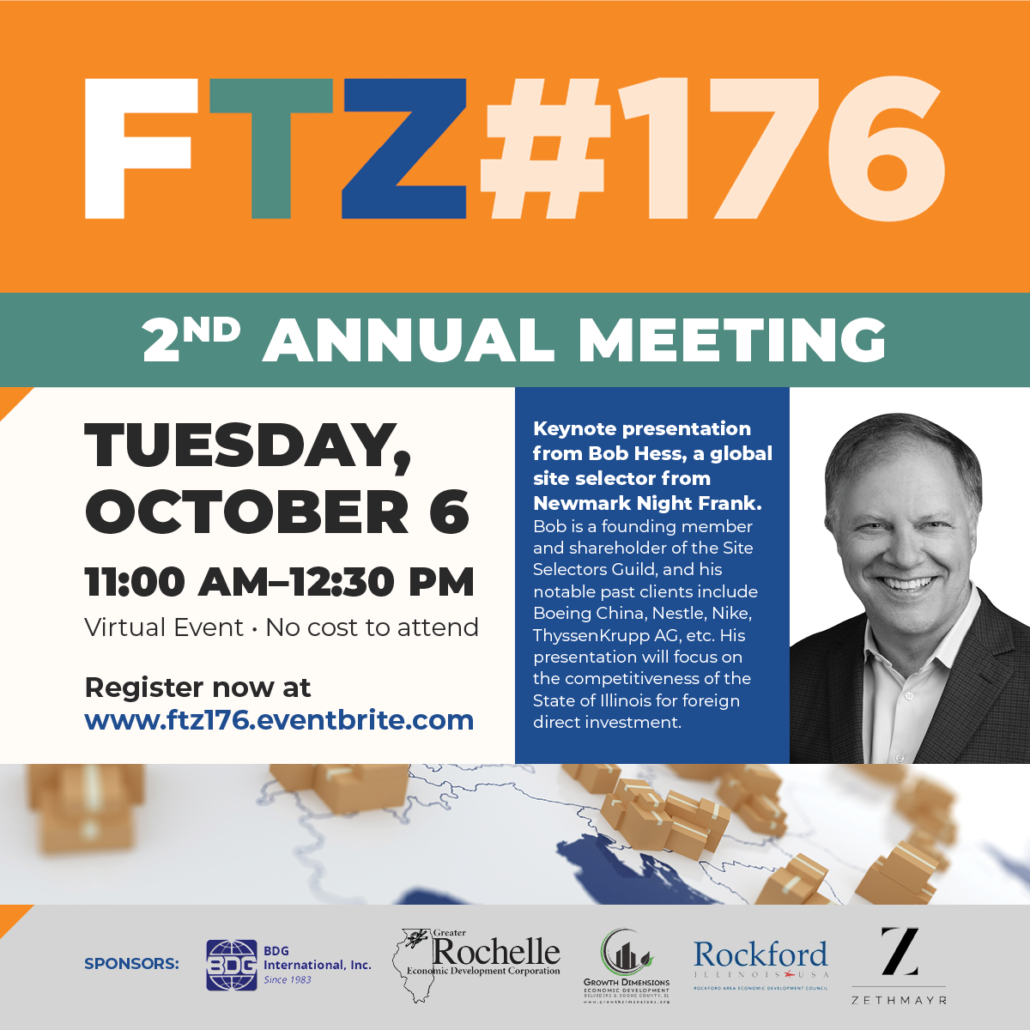Common Myths of the Foreign Trade Zone Program
What is… and what isn’t… a Foreign Trade Zone?
When discussing foreign-trade zones (FTZs), the conversation can get really complicated. To quickly highlight the benefits of operating as a foreign trade zone, it is beneficial to first clear up common myths that often cause confusion. If a company operates its facility as a foreign-trade zone, it has effectively removed its facility from U.S. customs territory. This allows the company to import foreign product directly into its facility and defer its clearance through Customs & Border Protection until the point when the product leaves its facility to enter U.S. Commerce. The major benefits are the deferral of import tariffs, and sometimes the reduction or elimination of import tariffs. In today’s environment of increasing tariff rates, the deferral benefit alone can have a huge impact on a company’s cash flow.
Common myths about FTZs that often prevent a meaningful discussion include:
Myth #1 – The foreign-trade zone is a warehouse at the airport where a company can store its product
Reality – The foreign-trade zone can be your facility, your warehouse, and you control the inventory
Some airports and some private companies operate a FTZ warehouse to service third-party inventory. In FTZ #176 in Northern Illinois, all FTZ operators are private companies that have activated their respective facilities as foreign-trade zones. These facilities are spread across 11-counties in Northern Illinois, and are not geographically limited to proximity to any port-of-entry. Current FTZ #176 operators primarily service their own imported inventory, and do not actively market FTZ warehouse services. If you are interested in accessing FTZ benefits, we can explore activating your facility (see your warehouse? That can be your FTZ).
Myth #2 – The foreign-trade zone is geographically limited to a pre-approved zone
Reality – as a potential FTZ operator, forget the zone map exists; we can get you activated
Companies often ask, “Is my business located in FTZ #176?” The map of FTZ #176 can be deceiving, and frankly is irrelevant. FTZ #176 covers 11 counties in Northern Illinois. There are several borders that indicate the process a company may be required to follow to activate as an FTZ, however the difference is minimal. If a company is located outside of the FTZ #176 service area, we will be glad to help the company connect with the adjacent FTZs in Chicago (FTZ #22), Peoria (FTZ #114), Moline (FTZ #271) or Beloit (FTZ #41). As a potential FTZ operator, I commit to you that regardless of the location of your facility we can find a way to activate your operation as a foreign-trade zone.
Myth #3 – My product has to be imported through a specific port-of-entry to use the FTZ
Reality – Your product can come into the U.S. through any port by any means, and never has to pass through the FTZ grantee port-of-entry
The grantee for FTZ #176 is the Greater Rockford Airport Authority (GRAA), which controls the Chicago Rockford International Airport (RFD). Most recent figures place RFD as the 19th largest air cargo airport in the U.S., having realized significant growth in recent years from cargo operators ABX Air, ATI, and Atlas Air. With capacity to support additional investment, continued growth in cargo operations is projected for RFD. However, to use the foreign-trade zone, a company can be an activated FTZ in Rockford, import its product via ocean freight through the Port of Los Angeles, and then export the product via the Port of Houston, and still be activated by FTZ #176, administered by the Greater Rockford Airport Authority. The actual ports used for import and potential re-export are not limited to the port that administers the foreign-trade zone.
The main idea is that a foreign-trade zone can be yours to control, and it is a flexible tool that can be set-up anywhere to accommodate your unique situation. If recent tariff increases have had an impact to your company’s bottom line or cash flow, let’s explore further to see whether a foreign-trade zone might be a tool that can help you set-up a more sustainable future for your business.


